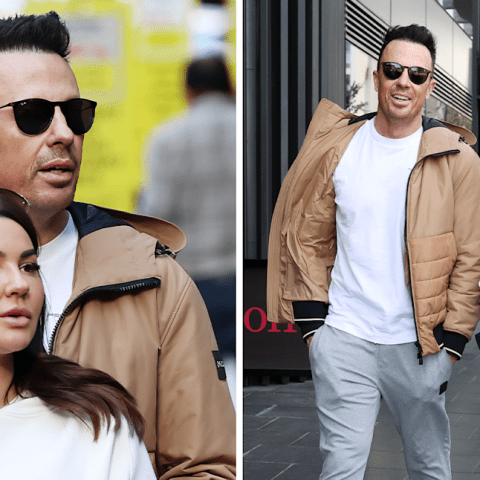Columbia University recently suspended 65 students who protested for pro-Palestine and against genocide inside the library. According to The Wall Street Journal, these students are barred from taking final exams and accessing most campus facilities, except for their housing. Notably, seniors will miss graduation as part of the sanctions.
In addition, 33 other individuals, including students from different universities and alumni, have been banned from campus. This decision follows ongoing negotiations between Columbia and the Trump administration regarding federal funding and university autonomy. The administration has been critical of recent student-led protests protesting the situation in Gaza, specifically accusing Israel of committing acts of genocide.
This crackdown is part of a larger trend seen across U.S. universities, where students are rallying for boycotts against Israel and calling for action regarding the conflict in Gaza. According to a recent survey by the Pew Research Center, over 60% of young Americans believe in taking a stand against perceived injustices related to international conflicts.
The situation reflects a growing shift in campus activism. Students are increasingly vocal, leveraging social media to bring attention to their causes. Online platforms amplify expressions of solidarity, where hashtags and posts mobilize community support. In 2022, a record number of student-led initiatives across various institutions centered on social justice issues, emphasizing a strong desire for change among the youth.
As these protests unfold, the debates surrounding academic freedom and free speech continue to shape the conversation. Experts argue that while universities should be safe spaces for dialogue, they also need to navigate the complexities of societal issues responsibly.
The Columbia incidents may spark discussions about the balance between activism and institutional governance. How schools handle such situations could set precedents for future engagements in political activism.
For more perspectives on this matter, visit Monthly Review, where diverse opinions on social issues are shared.












:max_bytes(150000):strip_icc():focal(740x158:742x160)/blake-lively-michele-morrone-031225-407da46b9ee845309632921cb0c1e337.jpg?w=480&resize=480,480&ssl=1)








